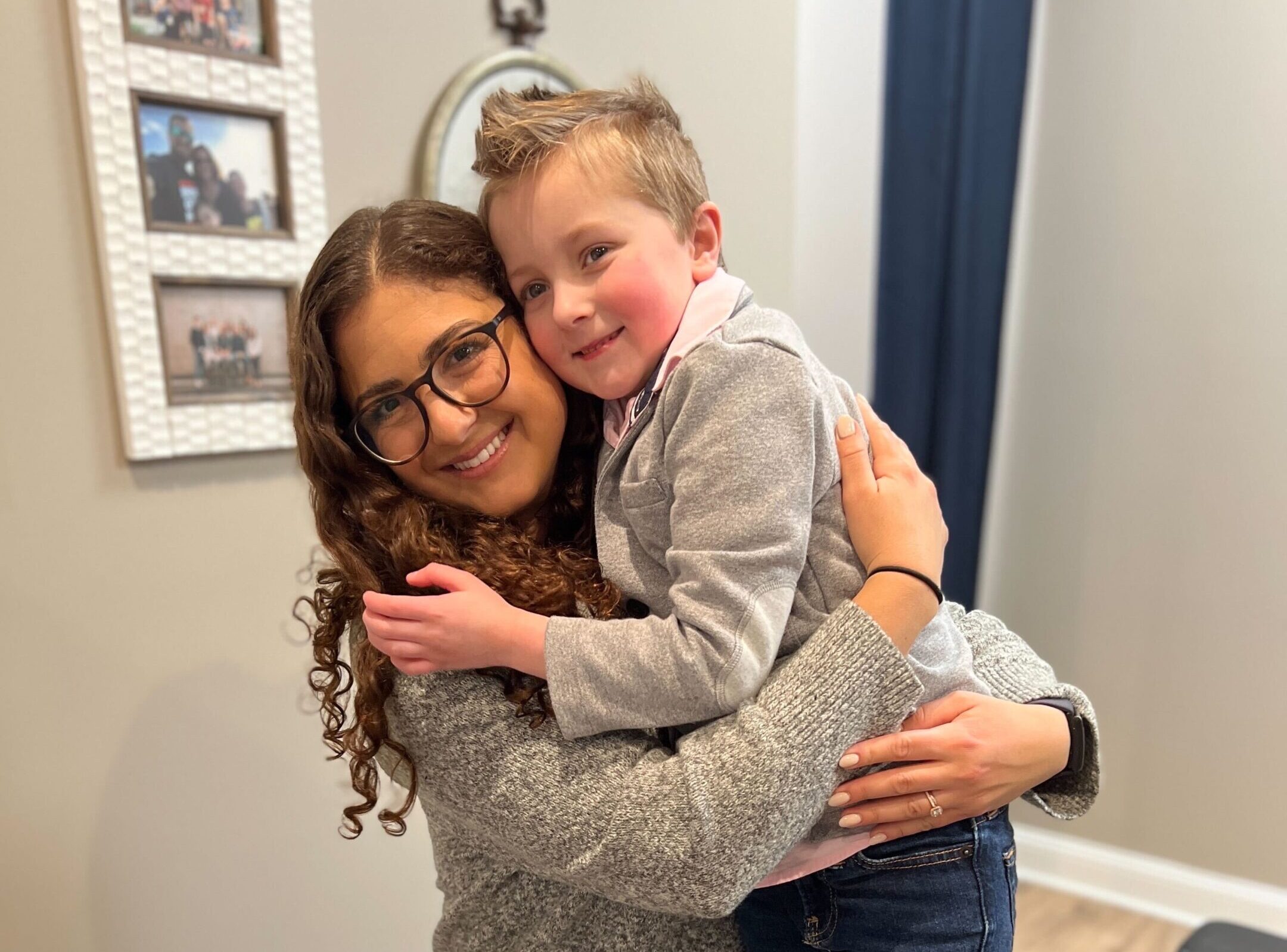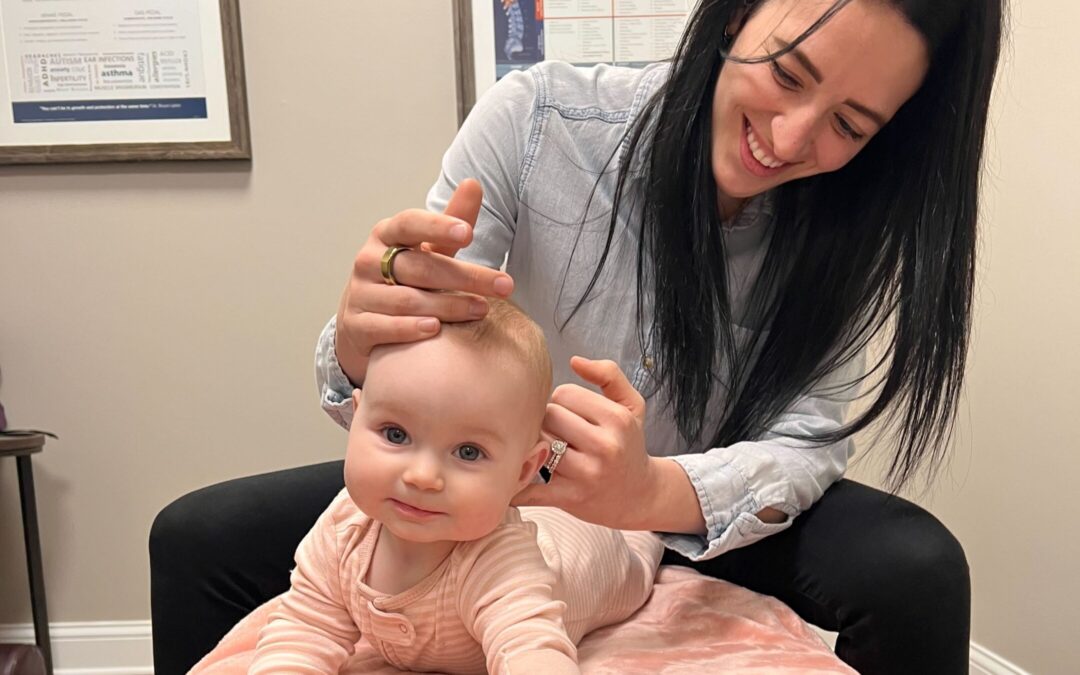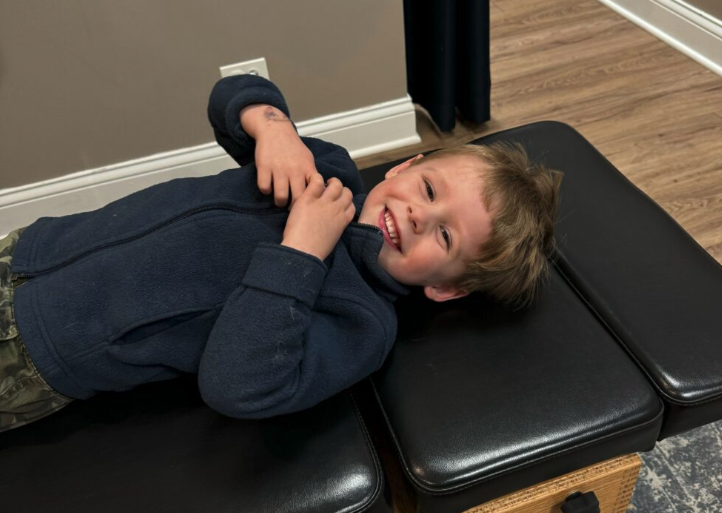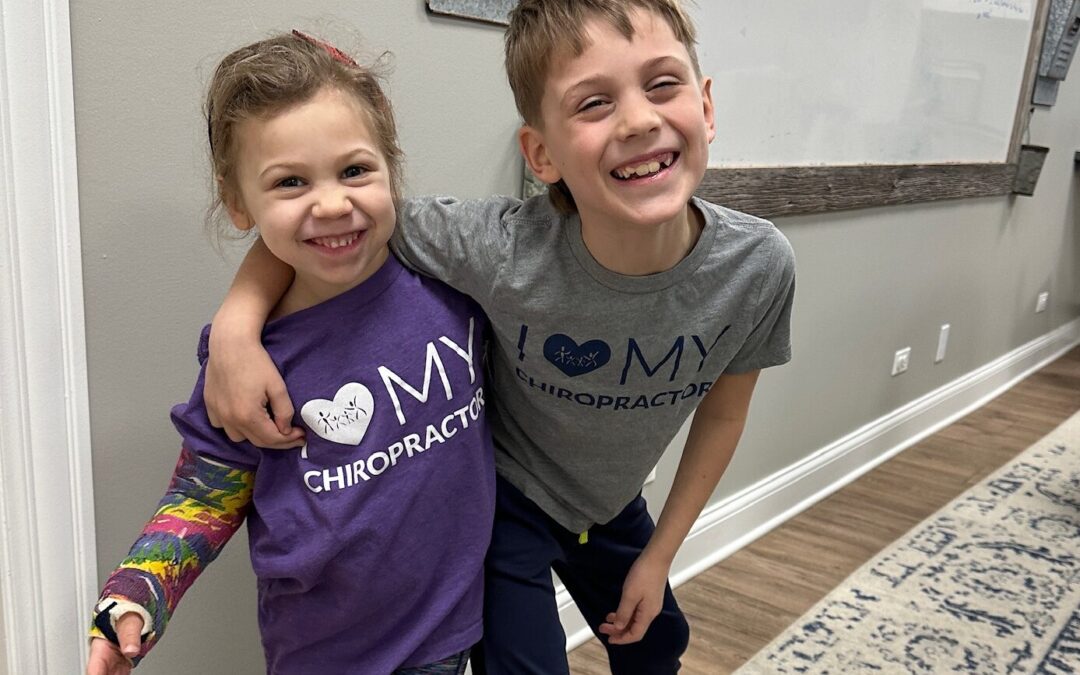Imagine being a parent of a little boy who is growing like a weed but hardly eating. Right after he does eat, he is so unbearably full, and long afterward, he won’t eat much else. He always complains that his stomach hurts and even throws up periodically. You can’t figure out what is wrong with your child. You’ve been to so many doctors to check for diabetes, reflux, and countless other conditions. You feel frustrated, heartbroken, and helpless. Finally, your child is diagnosed with Gastroparesis. Now what?
This is a scenario we hear about and see as Pediatric + Family Chiropractors all the time. The good news is we can help!
What Is Gastroparesis?
Gastroparesis, also called delayed gastric emptying, is a rare condition in which the stomach cannot empty itself of food in a typical fashion. The movement of food is slowed or stopped en route from your stomach to your small intestine, even though there is no blockage in the stomach or intestines.
Gastroparesis can be caused by nerve injury, including damage to the Vagus Nerve. The vagus nerve is a crucial part of regulating our immune system and lowering inflammation. When functioning properly, the vagus nerve tightens the stomach muscles to help move food through the digestive tract. In cases of Gastroparesis, this does not happen, which keeps food from moving from the stomach to the intestines, causing a lot of pain and discomfort.
What are the Signs and Symptoms of Gastroparesis?
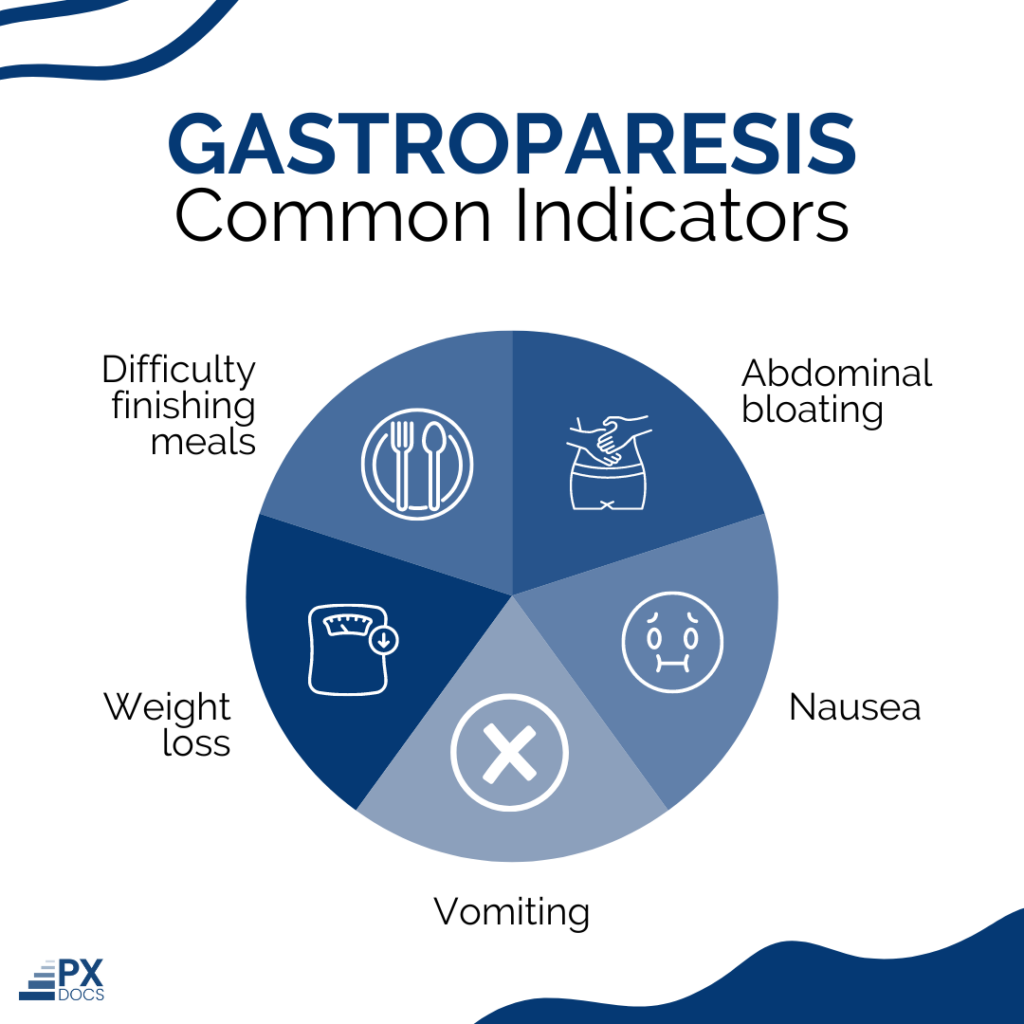
There are quite a few signs and symptoms that may indicate your child has Gastroparesis, including the list of challenges below:
- Inability to finish meals or feeling full after only a few bites
- Abdominal bloating
- Abdominal pain
- Nausea or vomiting
- Indigestion
- Episodic vomiting of undigested foods
- Acid Reflux
- Fear of eating
- Feeding difficulty in infants and young children
- Weight loss
- Excessive burping
- Poor blood sugar control
What are the Causes of Gastroparesis?
Watching your child experience these symptoms is gut-wrenching and traditional medical professionals don’t quite know what causes Gastroparesis. A long-standing frustration with the traditional medical approach in these cases is that they only look at the gut. Your child may be referred to a gastroenterologist who will only go after the digestive tract symptoms and treat those with medication, surgery, or even surgically implanted devices to stimulate the stomach muscles. The results of these treatments are mixed at best.
As Pediatric Chiropractors, our #1 goal is always to dig into the root cause. To do this we need to look at the entire central nervous system – the gut is only a part of that – and start at the very beginning. Nearly every single child we’ve seen in our practice who is suffering from Gastroparesis has a history that includes significant stress during the prenatal period or experienced birth intervention/trauma that led to the injury of the vagus nerve and autonomic nervous system. This trauma causes stress on the nervous system, leading to subluxation, dysautonomia, and what we call The Perfect Storm.
How to Care for Gastroparesis Naturally
The first thing to do is schedule a consultation with a neurologically focused, trained Pediatric Experience Doctor that can dive deep into your child’s case history and look for exact triggers and root causes.
The essential tool that our Pediatric Experience trained chiropractors use is what we call INSiGHT Scanning Technology. In a 10-15 minute exam, these scans can find, measure and locate elements of subluxation in your child’s autonomic nervous system. These INSiGHT Scans are safe, non-invasive, and reliable.
These scans will help your PX Doc create a customized care plan that fits your child’s exact needs and start to restore function and balance to the autonomic nervous system.
Once your child starts their care plan with gentle adjustments that will release the stress and subluxation on the nervous system, the vagus nerve will begin to operate at its full potential. With the vagus nerve back online, your child’s digestive tract will get back to doing what it was created to do: help them digest their food. You will also see improvements in your child’s sleep, energy, regulating emotions, immune system, and so many additional benefits to neurologically focused chiropractic care.
Visit our PX Docs Directory to find a PX doc near you and begin down the path of helping your child!
Dr. Tony Ebel, DC, CACCP, CCWP
Certified Wellness + Pediatric Chiropractor

